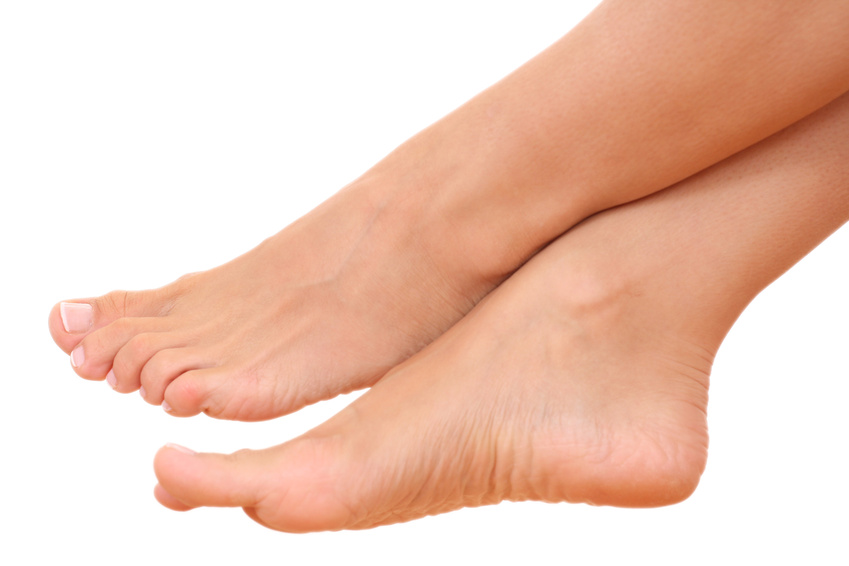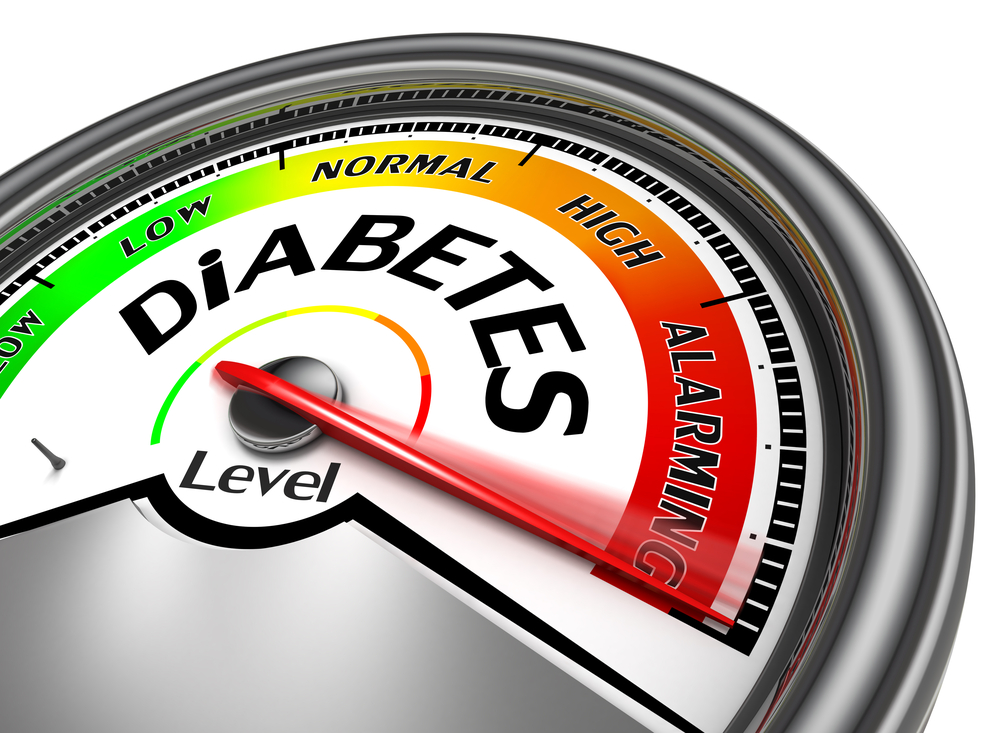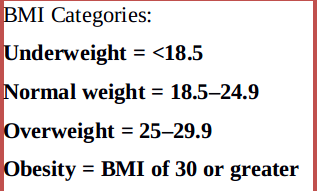Diabetic neuropathy is mainly nerve damage that occurs when you have diabetes. Typically, high blood sugar levels can affect the nerve fibers throughout your body. Diabetic neuropathy inures nerves in the legs and feet.
Obesity and Diabetes
The increased prevalence of obesity runs in parallel with an increased prevalence of diabetes. In 2011, most of the obese people in the U.S. were reported to have diabetes. Obesity makes the body resistant to insulin so it is not able to utilise the insulin properly and isn’t able to direct it to the cells, thereby increasing the level of sugar in blood and causing diabetes. In the type II diabetes group, about 80 to 90 percent are also diagnosed as obese.
 Obesity and Nephropathy
Obesity and Nephropathy
Nearly one-third of patients with diabetes develop Diabetic Neuropathyey deterioration, condition known as diabetic nephropathy. According to the CDC, diabetes is the most common cause of Diabetic Neuropathyey damage. Most of this damage is due to the damage of blood vessels that filters the blood to make urine. Hypertension, or high blood pressure, is believed to contribute most directly to diabetic nephropathy and is a characteristic manifestation of diabetes. Significant numbers of patients diagnosed with diabetes mellitus has shown the inception of diabetic nephropathy. Diabetic nephropathy (Diabetic Neuropathy) can occur in both types of diabetes – Type 1 and Type 2.
Also Read: 13 Diabetes Tips to Improve Blood Sugar
Hall mark of obesity is high body mass index (BMI) that has been reported to be related with increased diabetic nephropathy (Diabetic Neuropathy). Know your BMI (Body Mass Index)-
BMI is an indicative of obesity, whether or not you are obese, to some extent can be determined by its Body Mass Index (BMI). It measures the body fat based on height and weight that applies to adults.
BMI = Weight (kg) / (Height (m) x Height (m))
The BMI measurement can sometimes be misleading – a muscleman may have a high BMI but may have much less fat than an unfit person whose BMI is lower. However, in general, the BMI measurement can be a useful indicator for the ‘average person’.
How would you know if you are infested with Diabetic Neuropathy? – Symptoms and Diagnosis
Symptoms
Throughout its early course, Diabetic Neuropathy has no symptoms. The symptoms are visible in the late stages and are marked by excretion of high amounts of protein in the urine. The other more obvious symptoms are general ill feeling, headache, nausea and vomiting, poor appetite, swelling of the legs and itchy skin.
Related: 10 Common Diabetes Myths BUSTED!
Diagnosis
Diabetic Neuropathy in most cases is suspected when a routine analysis of urine of a diabetic person shows too much protein in the urine (condition known as proteinuria). To confirm the presence of Diabetic Neuropathy, a kidney Diabetic Neuropathyey biopsy can be performed, although it is not always necessary if the case is straightforward, with a documented progression of proteinuria over time.
Control your weight and prevent Diabetic Neuropathy: Importance and ways
Obesity is associated with the most rapid increase in both obesity and nephropathy globally. Regular evaluation of weight and monitoring of glucose level is important for the patients with Diabetic Neuropathy. The aim of weight loss in Diabetic Neuropathy patients is to significantly decrease urinary protein excretion as the increase in body weight may related to the increase the protein content in urine; therefore weight control remains an important target of control in overweight Diabetic Neuropathy patients. The onset and progression of diabetic nephropathy can be slowed down by intensive management of obesity and diabetes. To minimise the risk of obesity induced diabetic nephropathy, take a look at the following-
Eat healthy food exercise regularly: A healthy diet along with exercise is the best way to reduce weight. Prefer foods that are low in calories and avoid the sources rich in fat and calories. Some best fat burning foods are oranges, oats, grapefruit, mushrooms. Some other fat burning foods include lentils, pears, and tomatoes, pine nuts, egg white, broccoli, lean meats, spinach, green tea and cinnamon.
Related: Green Tea: Amazing Health benefits You Never Knew About!
The weight can be reduced rapidly by weight loss medicine (Quick pills): The market place is bombarded with weight loss medicines whose main objective is to shoot up the calorie burning process. However, pills are not suitable for every person diagnosed with Diabetic Neuropathy. Therefore, before taking them as a quick fix to your obesity, consultation with doctor is mandatory. These medicines are not allowed also in the cases of allergies, cardiovascular complexity and in pregnancy. These medicines generally are believed to be conducive for those whose BMI is 30 or high. There is a wide application of weight loss medicines in treating obesity induced anomalies. Weight loss medicines help in improving cardiovascular health due to the excessive fat and cholesterol. Weight loss medicines control our appetite. Metabolism rates improve with the intake of these medicines. When food is quickly metabolized by the body, weight reduces a little faster and energy is enhanced due to metabolism. Weight loss pills are also effective in detoxifying and cleansing the body. Some commercial weight loss medicines for shedding weight and getting a slim figure are Liponutra, Decatrim, Lipovox Hardcore Detox and Garcinia cambogia.
Caution weight loss medicines
As discussed earlier, these medicines are not suitable for all obese patients with Diabetic Neuropathy, they are good only when prescribed by the doctor only. Taking it without the doctor consultation may lead to other complexities. Most people who use these medicines for combating obesity experience the side effects like loss of memory and dizziness. These medicines also interfere with the functioning of liver. These medicines may over mask the ability of other drugs, hence preventing them for curing the disease.
Also Read: How to Lose Belly Fat- To Avoid Serious Health Risks
Intensive blood glucose control
Clinical trials have consistently demonstrated that controlling the sugar level may decrease the risk for manifestations of diabetic nephropathy in type 1 and type 2 diabetic patients. One keystone in the prevention and management of diabetic nephropathy is tight glycemic control. Strict glycemic control is important; glycemic control reduces the rate of development of proteinuria. Eating a low-fat diet, taking drugs to control blood cholesterol, and getting regular exercise can slow down or prevent nephropathy. To control sugar level eat healthy foods, get regular exercise and check your blood sugar level as often as instructed and keep a record of your numbers.
Blood pressure control
Treatment of hypertension dramatically reduces the risk of cardiovascular events in patients with diabetes. Hypertension is common in diabetic neuropathy patients. Blood pressure targets patients with diabetes lower (130/80 mmHg) than those patients who don’t suffer from diabetes.
Conclusion
Referral to a nephrologist should be considered if you are facing a severe filtration problem or any discomfort in Diabetic Neuropathyey and the abdomen. Fluctuating blood pressure, hyperkalemia, or rising protein level in urine, the increased sugar level may also prompt a referral. Joint National Committee guidelines recommend that blood pressure in diabetics should be reduced to less than 130/80 mm Hg. Specific use of agents that appears to be inflaming Diabetic Neuropathyey or increasing the sugar level should be avoided for Diabetic Neuropathyey and general health.
Also Read: Fighting Diabetes With Chocolates, Berries And Wine!
Get useful health tips ad remedies regularly, on your Facebook feed.
If you found this blog helpful, then please share it with your friends. Also, post comments in case you have any queries.






